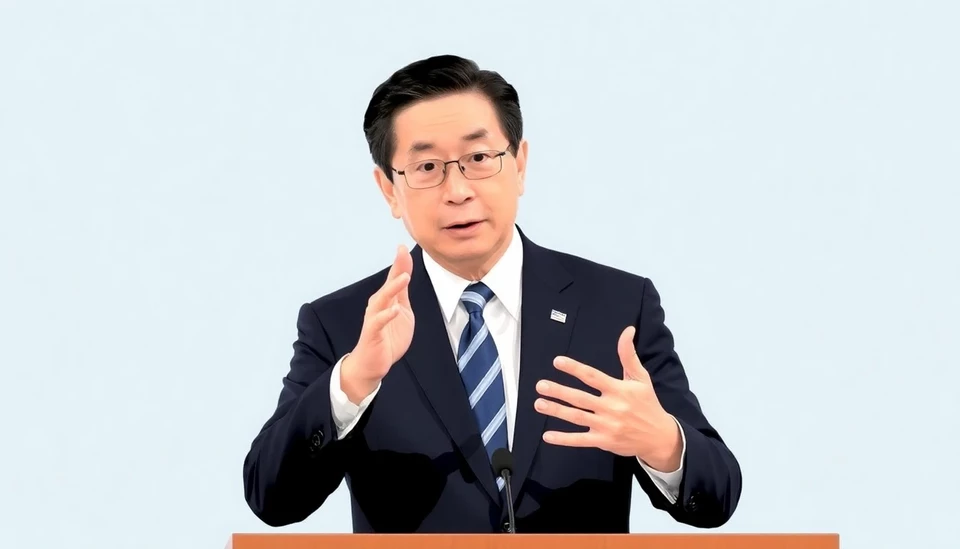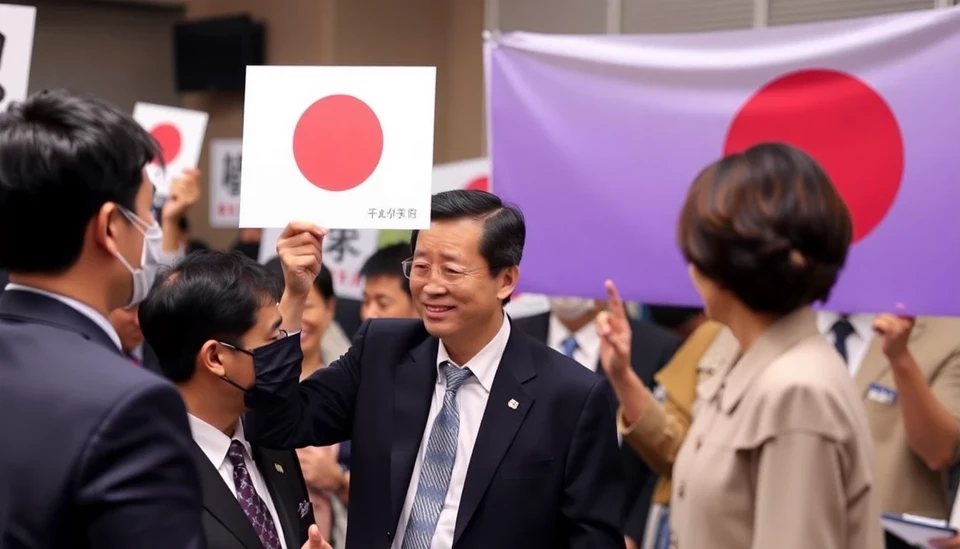
In a surprising turn of events during the latest Japanese elections, the ruling Liberal Democratic Party (LDP) has suffered a substantial setback, leading many analysts to re-evaluate the political dynamics in the country. Voter sentiment appears to have shifted significantly, favoring opposition parties and awakening a new wave of political engagement amongst the populace.
The elections, held on October 27, 2024, were marked by intense campaigning and a rising awareness of issues such as economic inequality, environmental policy, and the handling of foreign relations, especially concerning China and North Korea. The LDP, which has dominated Japanese politics for decades, was faced with growing discontent from voters, primarily regarding its handling of these critical issues. Many citizens expressed disappointment over the party's ability to address their priorities, paving the way for stronger opposition movements.
In light of the results, a coalition government is now being discussed and formed among several opposition groups, who gained substantial seats in the Diet. This potential coalition could drastically alter the power dynamics within the legislature, representing a newfound unity among parties that have historically been fragmented. Political analysts are closely watching these developments, as negotiations between these parties will be crucial in determining the future governance of Japan.
One prominent opposition party, the Constitutional Democratic Party (CDP), emerged as a leading contender, showcasing a platform focused on progressive reforms, social justice, and transparency in governance. The party’s rise is indicative of shifting voter demographics, with younger voters increasingly seeking alternatives to the status quo represented by the LDP.
As coalition discussions commence, questions regarding policy alignment and negotiating power among the opposition parties will take center stage. Key areas that are likely to be deliberated include economic revitalization strategies, climate change initiatives, and improvements in Japan's social safety nets. The possibility of a coalition government presents both opportunities for transformative policies and challenges in achieving consensus among diverse interest groups.
Meanwhile, the LDP's loss has prompted internal discussions about party reform and the need for a stronger connection to constituents. Senior members of the party acknowledge that to regain public trust, they must broaden their policy perspectives and demonstrate a genuine commitment to tackling the pressing issues faced by everyday citizens.
The political atmosphere in Japan is now charged with a sense of uncertainty, as both the outgoing LDP government and the emerging coalition grapple with the implications of the election results. The coming weeks will be pivotal, as coalition negotiations unfold and the new political landscape takes shape, potentially redefining the trajectory of Japan's governance for years to come.
As citizens across the nation turn their eyes towards the new political assembly, the importance of maintaining vigilance and participation in democratic processes becomes increasingly clear. This election marks a significant moment in Japan's history, inviting discussions about the nation's future direction and the pressing need for responsive leadership that reflects the diverse voices of its population.
In conclusion, the 2024 Japanese elections serve as a critical reminder of the power of voters and the ever-evolving nature of political alliances. As the nation stands on the brink of potential change, the collaboration and compromise among opposition parties will be crucial in shaping the immediate and long-term outlook for Japan.
#JapanElection #LDP #OppositionCoalition #PoliticalChange #ConstitutionalDemocraticParty #Governance #VoterEngagement #JapanPolitics
Author: Daniel Foster

